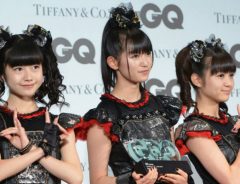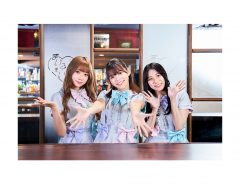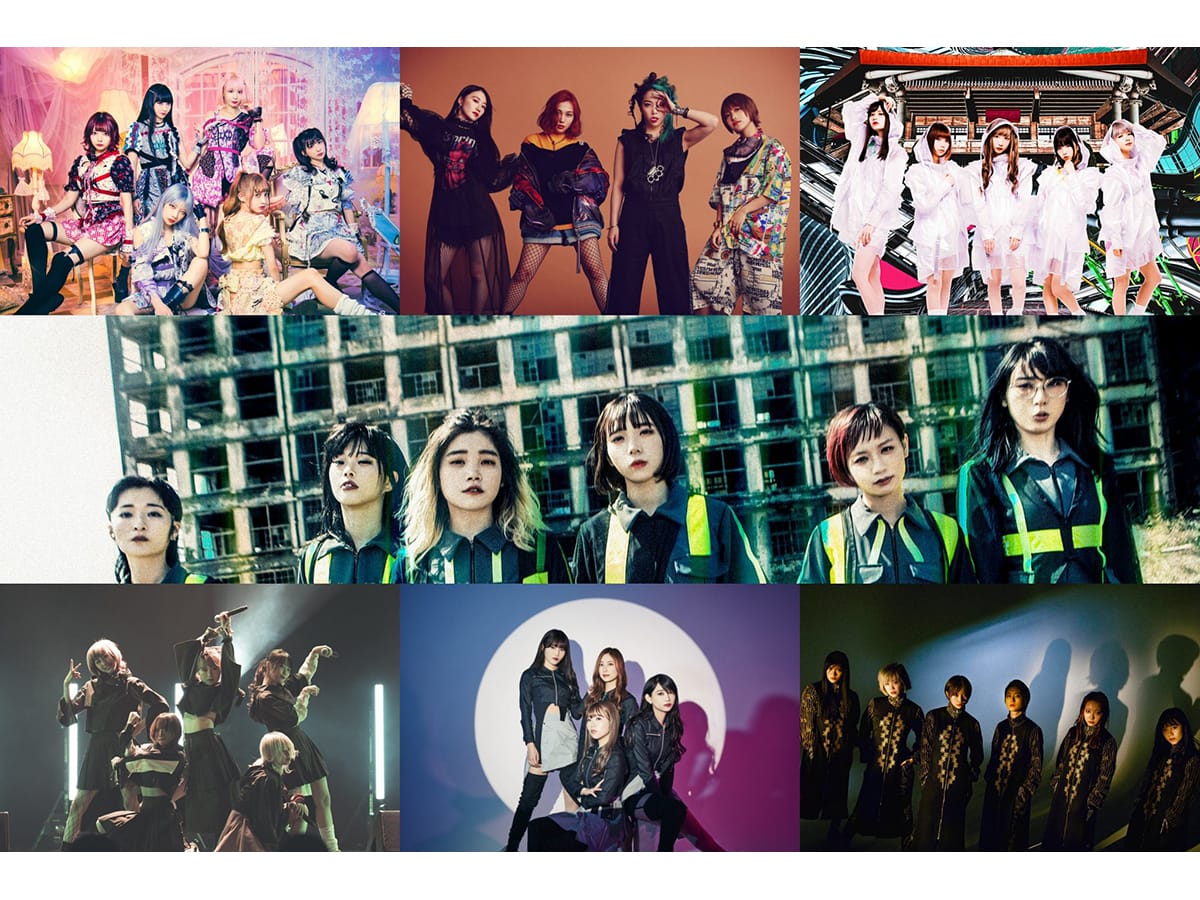- Tags:
- alternative idols / anti-idols / Babymetal / BiS / Idols / Seiko Ōmori / Underground Idols / ZOC
Related Article
-

Japanese Idol Group Charges Extra For Fans Not Wearing Masks Due To Cornoavirus
-

Japanese Muscle Idol And Ladybeard Team Up For Leggy Chun-li Cosplay
-

Japanese Idol Group Producer Apologizes For “Nazi” Halloween Costumes
-

In Idol-Obsessed Japan, Polygamists And Centenarians Are Burning Up Pop Charts
-

Babymetal To Join Their Favorite Band Metallica In Concert Next Year
-

A new live performance café “My Fave” will be your favorite place in Tokyo!



Creatively unique or offensively different? No matter how you see them, these groups are constantly changing what it means to be a modern-day idol in Japan.
Micah Go, for JAPAN Forward
Until around a decade ago, many thought of Japanese idols and their music as a subculture and a genre, respectively, that were characterized by strict rules, purely cute imagery, and often bubblegum pop songs. This was primarily due to the popularity of major groups like AKB48 and Morning Musume.
However, a counter-movement grew in the Tokyo music scene, spearheaded by the likes of rebellious singer-songwriter Seiko Oomori, kawaii metal pioneers Babymetal, and the controversial group BiS. With them, a new idol subculture was born and the artists would later on be dubbed as the “anti-idols” or “alternative idols.”
What makes an alternative idol? Is it just their music? Is it their unusual public image? A combination of both, or perhaps even more?
Equally loved and criticized throughout the years, alt-idols have never been held down by a single definition. They utilize heavier forms of music. They perform unapologetic antics onstage. Intentionally or not, they constantly go against almost every mainstream J-pop convention you can think of.
Babymetal, with their fusion of J-pop and heavy metal, have been countless individuals’ introduction (including mine) to alternative idols and Japanese music.
"Babymetal – (Photo credit: Babymetal’s Twitter)" via © JAPAN Forward
But the niche that they helped create in the Japanese music scene has a lot more to offer. Below are some of the groups I have followed in the last few years. Each one of them exhibits traits that brand them as your not-so-typical idols.
"ZOC (Photo credit: ZOC’s website)" via © JAPAN Forward
Seiko Oomori and ZOC
From the get-go, Seiko Oomori made it clear that she didn’t wish to become your typical prim-and-proper performer. She started out as a soloist known for her loud demeanor and lyrics that often touched on dark and intimate topics. She later became a producer and member of the idol group ZOC, whose own image and music mirror hers.
ZOC currently consists of Seiko Oomori, Karen Aizome, Katy Kashii, Marina Nishii, Maro Kannagi, and Riko Yachia. They have just had their major debut under Avex Trax, and were booked to perform at the Nippon Budokan on February 8, 2021.
Here is a recent video of their live performance consisting of the two tracks from their debut single and a version of Seiko Oomori’s song “Shinigami”. Find them on Twitter @ZOC_ZOC_ZOC.
Written by Japan ForwardThe continuation of this article can be read on the "Japan Forward" site.
Singing Songs of Rebellion: Meet 7 of Japan’s Alternative Idols